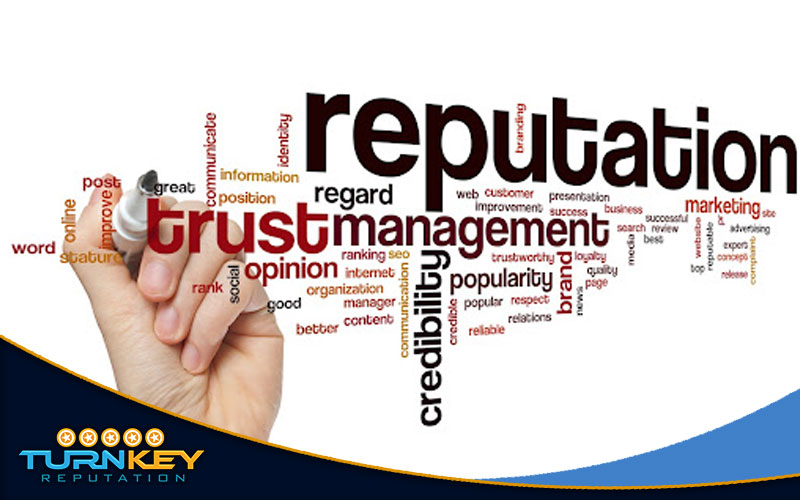The concept of Accessory Dwelling Units (ADUs) has gained significant traction in recent years, especially…

5 Core Parts of Reputation Marketing to Observe and Assess
It can be tough to keep tabs on how your business is received all over the world wide web. Every site update and new post online can always affect a business’s reputation for better or for worse. Business owners and managers do have the responsibility of ensuring the consumers will be able to find a well-balanced and truthful review of their business.
However, with so many things occurring online, it can be hectic to have eyes and ears everywhere. An automated reputation marketing system can be essential to manage updates and what people are saying about your business.
If you’re pondering over the important areas to cover when accessing and analyzing your online image, here are five core parts of reputation marketing that you should observe and assess.
- Listing Reviews
When newer consumers are trying to search for your brand, the first thing that’s likely to come up are the business listings. Past customers can leave reviews and share their ratings about your products or services.
Listings are susceptible to getting compromised when a rival business or cyber attackers decide to claim a listing as theirs and impersonate you, or there’s just an onslaught of negatively lying reviews. It can be scathing to deal with, but listing reviews are key in making the first impression. Be sure to claim your business listing and monitor accordingly.
- Social Media Profile
Whether it’s a profile on Facebook, Twitter, Instagram, TikTok, or YouTube, social media platforms are a huge factor in your reputation in the digital world. There are so many users in these spaces, so putting up a friendly front and engaging can sway them your way.
Many businesses tend to become inactive on these platforms, but social media profiles are a core part of reputation marketing for a reason. It’s a great avenue for putting a face to who’s running the business. Share a bit of your own personality and input to provide your business with the reputation of being human rather than being just another corporate entity.
- SEO Ranking
SEO ranking is fundamental to general digital marketing, but it’s also significant for reputation marketing. Your position on the search results page can be a testimony to where your business website and the brand itself currently stand among another group of enterprises. The actions involved in improving SEO ranking, such as offering better UX, will affect a business’s reputation in the long run.
- Ad Analytics
Traditional advertising has always affected how a business is perceived, and digital advertising is no exception to that. Ad analytics provides daily information about how the advertisements placed by your business are doing. Checking this every now and then can help you determine whether your business’s reputation is positive or negative.
- Content Comments
One last thing to keep surveillance on is how people are engaging and what comments they are leaving on your content. The response to a text blog, a photo, or a video can help indicate how your customer base feels about your business. You can also benefit from publicly interacting with them to establish a connection between them and your brand.
Conclusion
Keeping an eye on your brand and different assets online can be exhausting but vital towards reputation marketing. It can give a better understanding of what direction your business is heading and whether you want to continue that trajectory or steer it into something different.
Need an automated reputation marketing system to make management a little easier? Turnkey Reputation helps businesses in Florida take control of their reputation online with no hassle at all. Get a free trial today!




